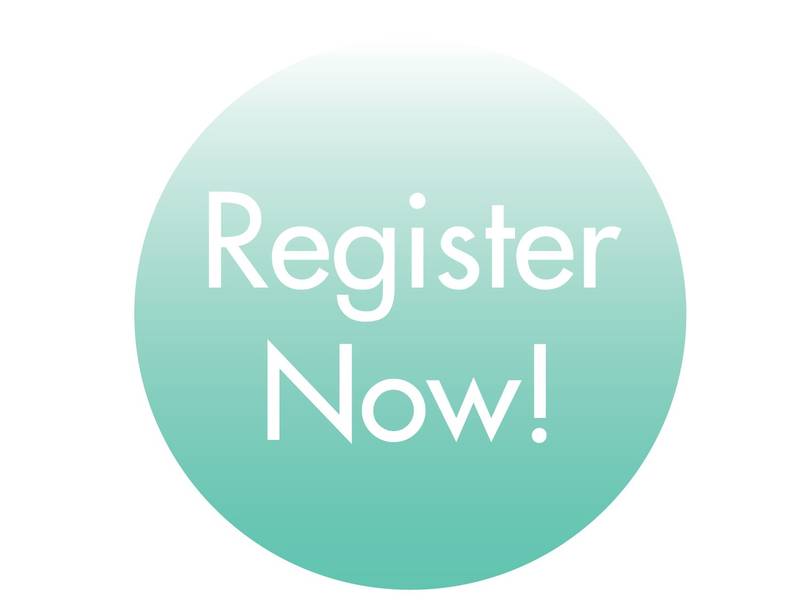At the age of 13, a Jewish child becomes Bar or Bat Mitzvah and is seen as an adult in the eyes of the community. At Westminster Synagogue we understand that this process does not occur overnight. We see B’nei Mitzvah as being a journey- one that involves a dynamic engagement with Judaism, with Jewish history alongside a peer group of fellow B’nei Mitzvah students. This group journey offers the chance to learn together, to discover Judaism together, to debate together, to socialise together and take trips together- above all to engage fully with what it means to be Jewish and to become a Jewish adult. It also offers the chance for our BM families to meet and get to know one another, further strengthening the bonds within our community.
During the second year of the BM programme, our students have a Bar/Bat Mitzvah ceremony, which marks the rite of passage and involves reading a Torah portion and leading the first part of the service. At Westminster Synagogue however we also place significant value on the journey itself. After consultation with parents, teachers and students, we have designed an innovative two-year programme to support children as they prepare to take on the responsibilities of being a Jewish adult. We enable our young people to be prepared and confident Jewish adults.
Weekly learning sessions The B’nei Mitzvah is a two-year mandatory programme and is built around five key elements:
- Residentials (which we hope to hold in 2021 if it is deemed safe)
- A yearlong individual tzedakah project
- Family festival services
- Informal, ad hoc, social events
BM Year 1 and Year 2 students attend weekly, following their own programme of study. Our sessions give the students the chance to integrate, experience the BM journey together and also to gain experience of the synagogue service.
We encourage our young people to attend the weekly classes. Where this is not possible (for instance, for those at boarding school), we can help you find a local teacher and we are very happy to use Zoom to communicate.
Each term, we provide an opportunity for students and family to get together in a communal space at our Chavurah potluck supper which immediately follows the Friday evening service. The evening often features a guest speaker addressing a topical issue, such as the environmental stewardship within Judaism, or the concept of tzedakah (charity/justice).
Two residential trips are provided for the B'nei Mitzvah students each year. These provide an essential opportunity for the students to spend time together as a group and to get to know each other as well as to share Shabbat, to meaningful, memorable experiences together as they journey towards adulthood. The first residential in the UK, takes place at an outdoor activity centre. The second is a three-day weekend to an European or British city with Jewish interest where we make connections to the local Jewish community and take in the history and culture that the city has to offer. Our residential cities are Nottingham, Paris and Berlin. With the current climate, we are still uncertain on what residential trips we will be able to offer, but will endeavor to still have them as part of the BM Programme.
During the course of each year, the students will be required to participate in a tikkun olam (repairing the world) and/or a tzedakah (righteousness/charity) project.
Based on the interests of the members of the group, we provide a number of social and cultural activities – as a way for the group to get to know each other better and for them to explore the wider world of Judaism.
More for more information on our B'nei Mitzvah programme, please contact Yael at yael@westminstersynagogue.org.
For further information on our activities for children and teens, do read our brochures below (though click here for information for and tots):


